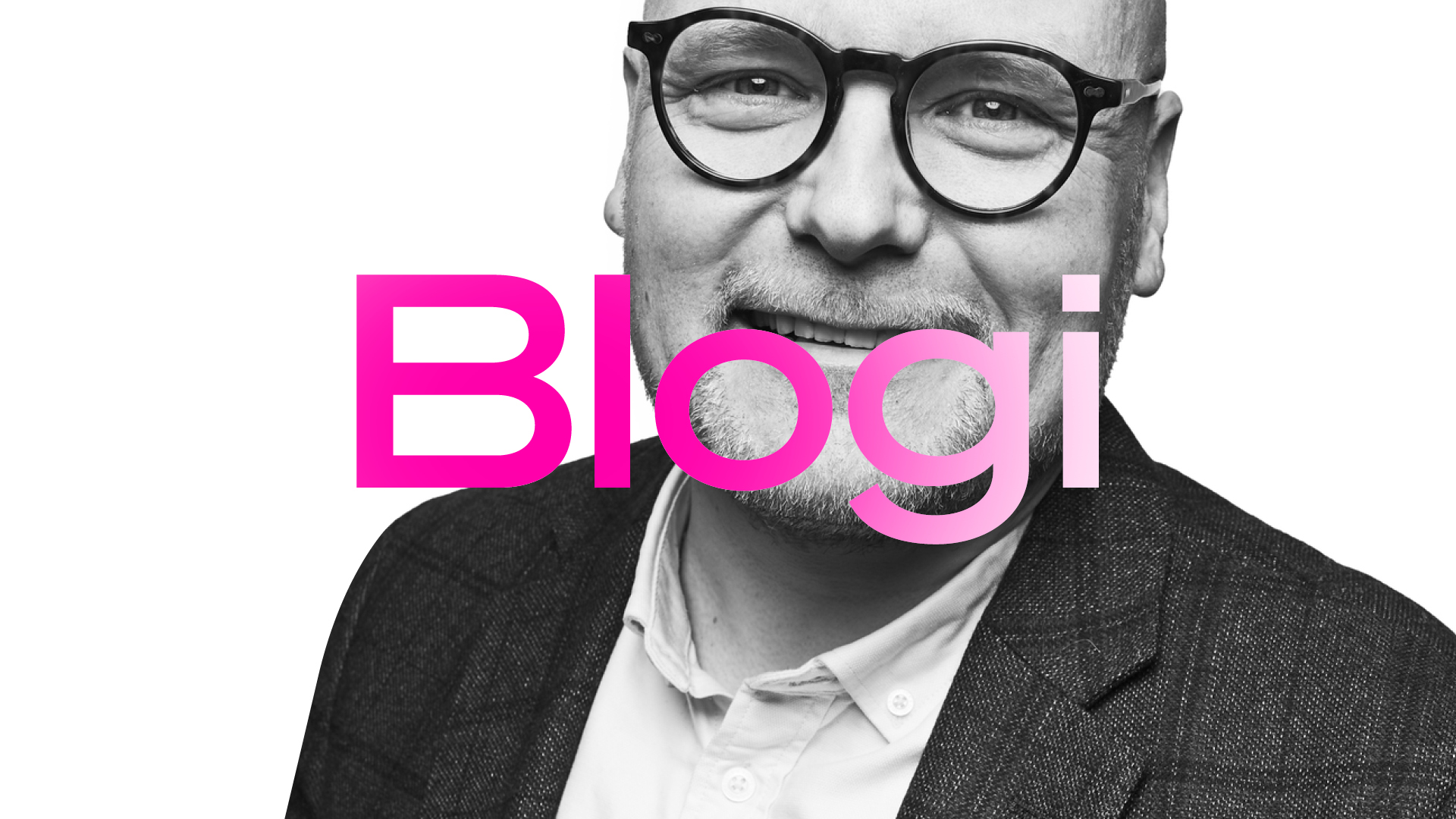Read this article in Finnish >
Dear business leaders and decision-makers,
congratulations on the past year, you survived despite the turbulence of the world. Now it’s time to take a break – and reflect on your future choices. Wouldn’t it be great if, at the turn of the year, you made a promise and choices that will carry you through the years and ensure the success of your business? Decide that your business is here to do more good than harm?
We are talking, of course, about the responsibility of your company. No, don’t skip this message because you think you are already responsible or because it’s everywhere.
The reason is this: as a strategy, sustainability is the safest – and at the moment, the most inspiring.
What is happening in other companies?
But don’t worry if you’re not far along in your career. The good news is that now is the right time. But the right time for what?
According to our November 2022 survey, there are a wide range of relevant items on the sustainability to-do list of Finnish companies (pictured below). So, sustainability is increasingly being looked at holistically – and now is the right time:
- Launch your sustainability work (if it’s still in your desk drawer)
- Invest in impact (if you don’t yet know what’s most relevant
Corporate responsibility work right now:
- Staff: well-being at work, responsible management, inclusion, code of ethics
- Environment: carbon footprint calculation, carbon neutrality targets, product development, circular economy
- Society: social impact, green transition, human rights
- Customers: customer education, promotion of circular economy, transparency of operations
- Other issues: supply chain sustainability, communication development, stakeholder consultation
How to manage your impact – 5 point checklist
At the end of the day, it’s about developing your business and making sure that your business will be around for the future. When you understand the impact of your business, focus on developing the most relevant ones, and communicate that to employees and customers, you’ve chosen a very safe – but also inspiring – strategy.
1 Think holistically
- It’s worth thinking about sustainability in a broader context. For example, the international B Corp community and its certification look at sustainability from the perspectives of management, employees, community, environment and customers. This also opens up wider opportunities for influence.
2 Make strategic choices
- Sustainability in your core business matters most. That’s why it pays to look for direction in your organisation’s impact. What will give you the greatest positive impact – and what will give you the greatest competitive advantage?
3 Break it down into objectives and measures
- Within the broad picture, it is worth separating short- and long-term objectives and the measures and indicators based on them. A well-designed action plan will ensure that work is not just talk, but is at the heart of day-to-day activities.
4 Track success
- Shared responsibility does not work here either. The action plan should clearly define responsibilities and where and how they will be shared. Sustainability reporting is already on the work list of many smaller companies, as it meets consumer expectations and can be used to verify promises made.
5 Communicate and engage throughout the process
- Sustainability is not visible on the surface, which is why communication matters. Take care of the ‘hygiene’ first, for example internal communication and building a credible foundation. To get a competitive edge from the work you do, you also need emotive content and to get people involved.
An inspiring example – how did Patagonia do it?
When people talk about responsible companies, the US outdoor brand Patagonia often comes to mind. Founded in 1973, the company has been committed to sustainability and nature values throughout its existence.
Indeed, Patagonia has been a pioneer in the outdoor industry as a whole. Its focus on sustainability is on the products themselves and their continuous development. At the same time, it has also extended its sustainability work strongly into social responsibility as part of the B Corp community and certification since 2011. Good work has been reflected in Fortune’s Best Workplaces for Diversity and Best Companies to Work For lists.
In addition to Patagonia, inspiring grassroots efforts include Ben & Jerry’s, Danone and the Body Shop – all part of the B Corp community, which has the advantage of a business mindset. B Corp certification aims to develop a company holistically: and to harness the power of business for good, in line with the B Corp philosophy, companies need to grow and thrive. Therefore, in addition to social and environmental impact, the magnifying glass is equally focused on financial performance.
Patagonia is therefore a shining example of how it is possible to make your own business thrive in the quest to make the world a fairer, more equitable and more sustainable place. The results are not just below the line, but also in the following: your customers love you, the best people want to work for your company, and partners and investors committed to sustainability want to join your organisation.
Thank you for your time and for reading our annual newsletter, we wish you good luck and success in 2023!
Yours sincerely, Perttu and Fabrik
Read more about B Corp and services.

